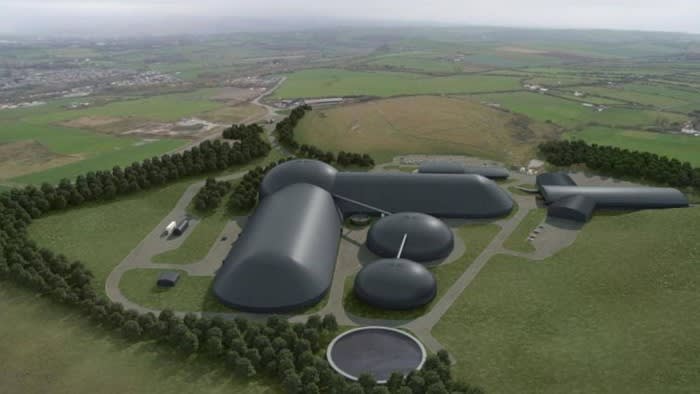Stay informed with free updates
Simply sign up to the Climate change myFT Digest — delivered directly to your inbox.
The High Court in London has ruled against the planning permission granted for a metallurgical coal mine in West Cumbria, ending a years-long controversy over what would have been UK’s first new coal mine in 30 years.
The closely watched verdict underlines how the new Labour government, bolstered by a key legal precedent set in June, is curbing the development of any new fossil fuel projects in the UK.
Justice David Holgate issued the decision today, upholding a legal challenge from two environmental groups who argued that the licence for the mine did not take into account the climate impact of the coal produced.
Niall Toru, senior lawyer for Friends of the Earth, said the ruling was a “huge victory for our environment and everyone who has fought against this climate-damaging and completely unnecessary coal mine”.
The facility to be built in Whitehaven had earlier received government approval in December 2022 under then communities secretary Michael Gove.
Following today’s ruling, the government will have to reconsider the planning application for the mine, taking into account the emissions produced by the coal pulled out of the ground.
Mine owner West Cumbria Mining said that it had “no comment to make”.
The challenge to the licence by two non-profit groups, Friends of the Earth and South Lakes Action on Climate Change, argued the mine licence was unlawful because it did not take into account the emissions produced when coal from the mine was burnt in steel mills.
In July, the new Labour government decided not to defend the licence, in effect dropping the case. West Cumbria Mining continued to defend its licence in court even without government support.
The UK still has a handful of operating coal mines, which produced about 500,000 tonnes of coal last year, according to government data.
Over the past century, the number of coal mines in the UK has fallen from more than 2,600 to just seven at the end of last year, official data show.
The Woodhouse Colliery near Whitehaven would have produced 3.5mn tonnes per year of hard coking coal to supply steelmaking operations.
The case against the Whitehaven mine was bolstered by a Supreme Court ruling in June concerning an oil project, which found that the broader emissions impact of the oil produced had to be considered during licensing.
The Labour government has also chosen not to defend the licences granted to the Rosebank site, the biggest undeveloped oil and gasfield in the North Sea, casting doubt on the future of the project.


